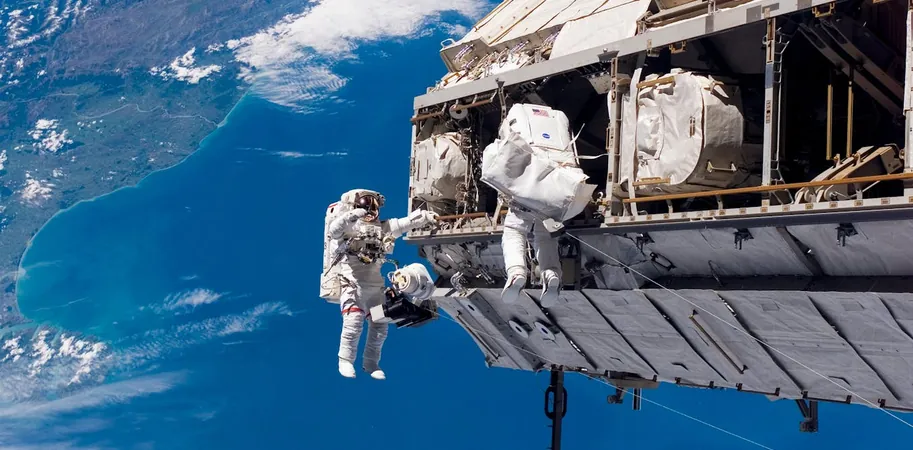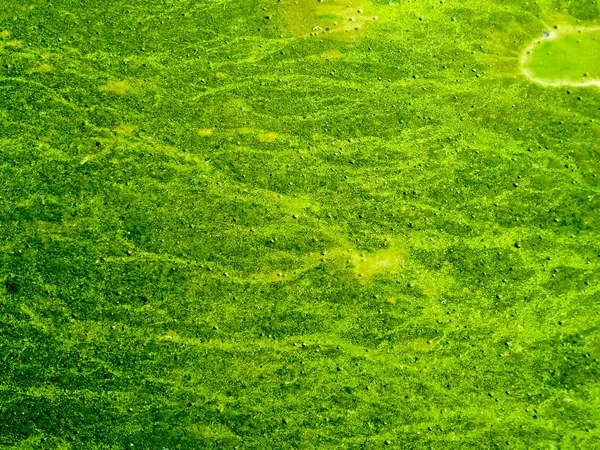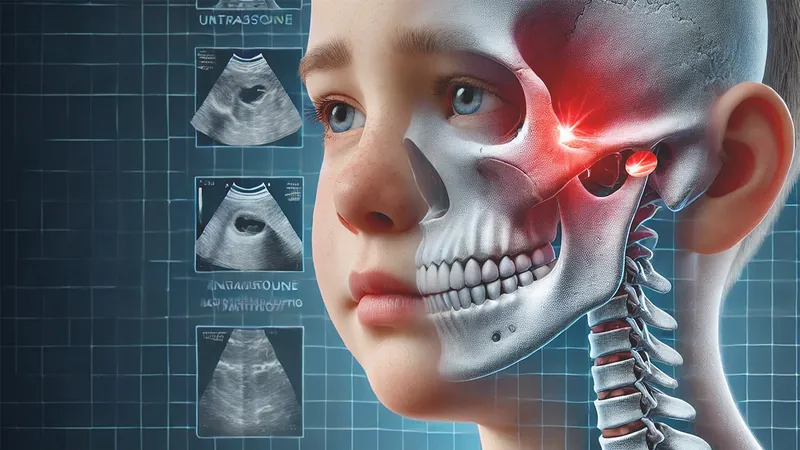
Why the International Space Station's Striking Cleanliness Could Be a Health Hazard
2025-04-04
Author: Sophie
Introduction
In an unexpected twist, the International Space Station (ISS)—often hailed as one of the cleanest environments beyond our planet—may actually be detrimental to the health of its astronauts. Reports indicate that crew members have been experiencing various health issues such as rashes, allergies, and infections. Scientists have recently uncovered that the station’s excessively sterile environment could be the culprit, leading to calls for a paradigm shift toward making the ISS intentionally "dirtier."
The Paradox of Cleanliness
This revelation is jarring, especially in a world where we are constantly urged to maintain impeccable hygiene and avoid harmful germs. However, this new research sheds light on a growing concern among experts: that extreme cleanliness can have negative consequences on human health.
Microbial Deficiency in Space
The ISS lacks a diverse array of environmental microbes found in natural settings like soil or water—organisms with which humans have co-evolved for centuries. Instead, the microbial life in the station is almost exclusively derived from the astronauts themselves, primarily skin-shed bacteria. In an isolated environment like the ISS, where natural microbial influences are minimal, astronauts are left with no exposure to the beneficial microbes that are naturally present in various ecosystems.
The Microbial Bubble
Even when cleaning routines were relaxed prior to recent studies, scientists found lingering chemical cleaning residues on surfaces within the ISS. This has led to the understanding that the station functions as a "microbial bubble," devoid of fresh microbial input and excessively sanitized from within. Such conditions may hinder astronauts’ immune systems, explaining why they frequently suffer from immune-related health issues like fungal infections and unexplained skin outbreaks while in orbit.
Lessons for Earthlings
For those of us living on Earth, this insight serves as an important reminder regarding our own hygienic practices. Our modern lifestyles have granted us unprecedented control over our environments, often resulting in climate-controlled homes and the widespread use of antibacterial products. However, there’s a growing realization that excessive hygiene may actually impede our immune systems’ natural learning processes.
Targeted Hygiene
The immune system is a complex network requiring training. From birth, we are exposed to a myriad of microbes that instruct our immune responses—most of which are harmless, and many of which are beneficial. Studies reveal that children who grow up in environments rich with diverse microbes—such as those with pets or those raised on farms—tend to have lower incidences of asthma and allergies compared to those raised in sterile, urban homes with limited microbial exposure.
A Balanced Approach to Hygiene
While the need for hygiene remains undeniable—especially in food preparation and sanitation—there is a crucial distinction between effective cleanliness and excessive sterilization. Not all microbes are adversaries; many play vital roles in supporting our health and well-being.
Innovative Strategies for Microbial Reintroduction
What experts advocate is a concept known as targeted hygiene. This approach encourages meticulous cleaning in high-risk areas—such as after bathroom use or before food preparation—while promoting a more relaxed standard in lower-risk environments. Embracing the presence of a little outdoor dirt or animal dander can have valuable health benefits, particularly for children. Some scientists are even exploring innovative strategies for reintroducing beneficial microbes into our living environments. Some cleaning products now incorporate helpful bacteria designed to repel harmful strains, while research looks into how to enhance microbial diversity in indoor spaces without jeopardizing safety.
Future of Space Habitation
Returning to the ISS, if astronauts are facing health challenges due to insufficient microbial exposure, it raises critical questions about existing cleanliness protocols in space travel. Researchers involved in the ISS study suggest the introduction of safe, beneficial microbes to mimic the natural microbial exposures that humans encounter on Earth. The prospect of creating "microbial gardens" aboard the station could revolutionize space habitation for future missions.
Conclusion
Ultimately, the takeaway is about balance. A dirt-ridden environment can indeed lead to illness, but an overseal of cleanliness may leave us vulnerable in other ways. The key to health—both for those in orbit and those on Earth—may lie in understanding and accepting the presence of beneficial microbes in our lives. As we learn from astronauts, a little dose of good, clean dirt could be just what humanity needs for optimal wellness.









 Brasil (PT)
Brasil (PT)
 Canada (EN)
Canada (EN)
 Chile (ES)
Chile (ES)
 Česko (CS)
Česko (CS)
 대한민국 (KO)
대한민국 (KO)
 España (ES)
España (ES)
 France (FR)
France (FR)
 Hong Kong (EN)
Hong Kong (EN)
 Italia (IT)
Italia (IT)
 日本 (JA)
日本 (JA)
 Magyarország (HU)
Magyarország (HU)
 Norge (NO)
Norge (NO)
 Polska (PL)
Polska (PL)
 Schweiz (DE)
Schweiz (DE)
 Singapore (EN)
Singapore (EN)
 Sverige (SV)
Sverige (SV)
 Suomi (FI)
Suomi (FI)
 Türkiye (TR)
Türkiye (TR)
 الإمارات العربية المتحدة (AR)
الإمارات العربية المتحدة (AR)